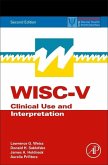
Gebundenes Buch
Clinical Use and Interpretation
2. Aufl.
31. Januar 2019
Elsevier Science & Technology
C2017-0-03528-0
| eBook, ePUB | 39,95 € |
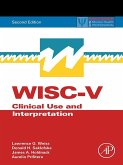
Ähnliche Artikel
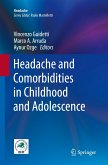
Broschiertes Buch
Softcover reprint of the original 1st ed. 2017
12. Juni 2018
Springer / Springer International Publishing / Springer, Berlin
978-3-319-85464-9
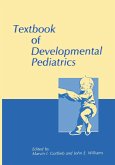
Gebundenes Buch
1987.
31. März 1987
Springer / Springer US / Springer, Berlin
978-0-306-42334-5
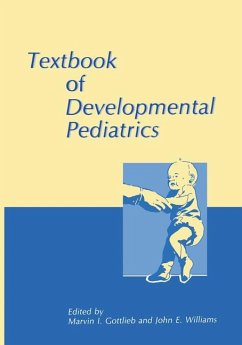
Broschiertes Buch
Softcover reprint of the original 1st ed. 1987
19. Oktober 2011
Springer / Springer US / Springer, Berlin
978-1-4612-9006-3
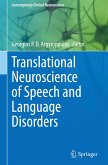
Gebundenes Buch
1st ed. 2020
28. Februar 2020
Springer / Springer International Publishing / Springer, Berlin
978-3-030-35686-6
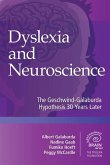
Gebundenes Buch
The Geschwind-Galaburda Hypothesis 30 Years Later
23. Oktober 2017
Brookes Publishing Company
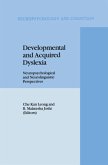
Gebundenes Buch
Neuropsychological and Neurolinguistic Perspectives
1994.
31. Dezember 1994
Springer / Springer Netherlands
978-0-7923-3166-7
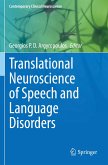
Broschiertes Buch
1st ed. 2020
28. Februar 2021
Springer / Springer International Publishing / Springer, Berlin
978-3-030-35689-7
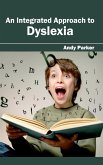
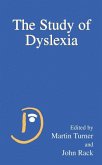
Gebundenes Buch
2004
3. Februar 2005
Springer / Springer Netherlands / Springer US
978-0-306-48531-2
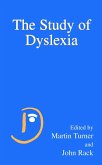
Broschiertes Buch
2004
3. Februar 2005
Springer / Springer Netherlands / Springer US
978-0-306-48535-0
Ähnlichkeitssuche: Fact®Finder von OMIKRON
